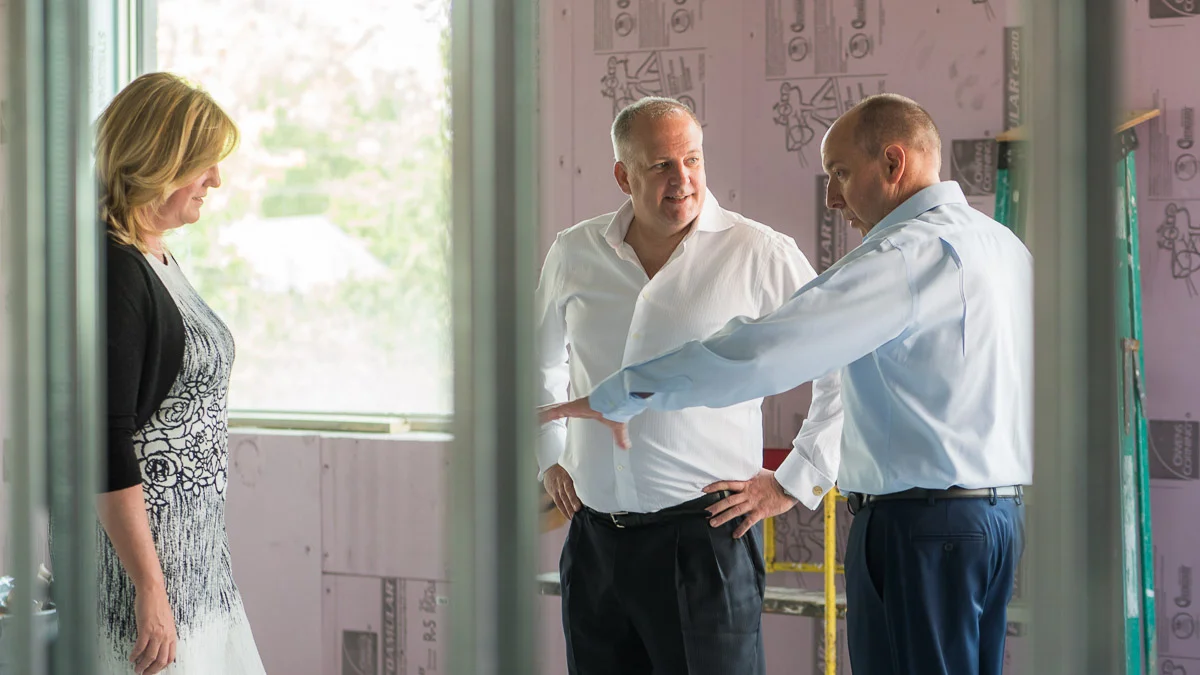Think of a Registered Retirement Income Fund (RRIF) as an extension of your Registered Retirement Savings Plan (RRSP). By the end of the year in which you turn 71, you must convert your RRSP into a RRIF. Starting in the year you turn 72, you will have to withdraw at least the annual minimum amount based on a government-prescribed formula, although you’re free to withdraw more if you wish.
If you remember when you put money into RRIF the government refunded the taxes you would have paid at your higher working tax rate. Now, when you are taking it out of your RRIF, the government wants you to pay taxes (usually at a lower rate) on the amount taken out of your RRIF. Care should be taken with your advisor to plan RRIF income to suit you specific retirement income needs while minimizing tax consequences.
When converting from an RRSP to a RRIF, you may continue holding some or all of the same investments. Not only is this convenient, it also allows you to participate in the markets at a risk level that’s suitable for you. Sometimes these investments are adjusted slightly to accommodate the regular income you will now start getting from your new RRIF.
Your annual minimum payment is based on when the RRIF was established, your or your spouse’s age, and the amount held within the RRIF on January 1st each year. Keep in mind that RRIF payments can be flexibly changed, both the amount to withdraw as well as the scheduling of payments.
You can convert your RRSP to a RRIF prior to turning 71 if you want, or need the income. The calculation for your minimum payment prior to 71 is as follows:
After the year in which you turn 71, your minimum payment is determined by a percentage of the market value of your RRIF. This percentage has been established by the Canadian government and can be referenced here:
A RRIF is just one way to create an income stream in retirement. We can help you develop a personalized plan that supports your retirement lifestyle and generates income in a tax-efficient manner.
“Wealth, like a tree, grows from a seed. The sooner you plant that seed the sooner shall the tree grow.”
- George S. Clason









